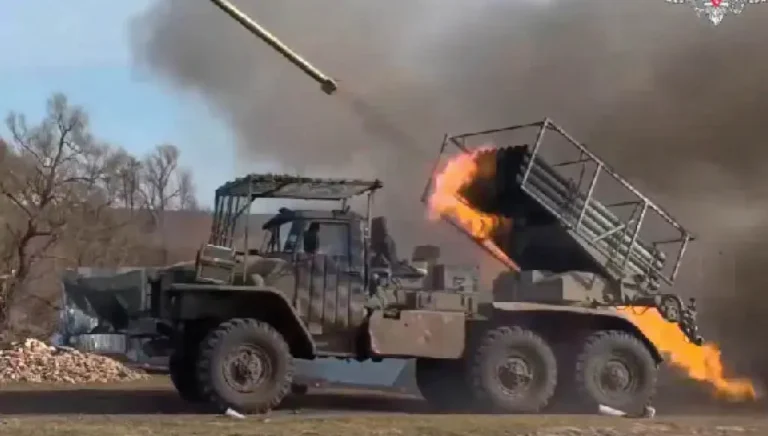
Police in Texas have revised key details about Tuesday’s deadly school shooting as criticism mounts from parents over the initial response.
The gunman roamed outside the Uvalde school for 12 minutes before entering unchallenged, police said on Thursday.
That contradicted earlier statements which said the attacker had been confronted and shot at by an officer.
He killed 19 children and two teachers before he was shot dead 90 minutes after he arrived, police said.
That delay, combined with video footage showing frustrated parents being tackled and handcuffed by police while the gunman was still inside the school, has led to growing public anger and scrutiny of the early response.
It has also called into question claims by state Governor Greg Abbott, who earlier this week hailed the “quick response” of “valiant local officials” who he said had engaged the gunman before he entered the school. “They showed amazing courage by running toward gunfire,” he said.
A new timeline was given at a news conference Thursday by Texas Ranger Victor Escalon, who repeatedly said that he wanted to “clear up” previous statements. He defended the police response and spoke of the emotional toll the shooting had taken on officers. “We’re all hurting inside,” he said.
Officials were due to speak again on Friday amid criticism and further questions about why 18-year-old Salvador Ramos was inside the school for more than an hour before he was killed – not by local officers, but by a tactical unit led by US border agents.
Mr Escalon said Ramos crashed his vehicle nearby at 11:28, with the first emergency call coming two minutes later as witnesses reported a man carrying a gun. Ramos then shot at members of the public, roamed the school premises, and entered freely through an unlocked door at 11:40.
Police arrived on site four minutes later, Mr Escalon said. But it is unclear how close they got to the gunman or whether they attempted to enter the classroom where the shooting took place.
Police initially said the officers were “inside making entry” and took cover after coming under heavy fire. This was revised on Thursday by Mr Escalon. “They [didn’t] make entry immediately because of the gunfire they were receiving,” he said.
At 12:45, the gunman was shot dead by a team led by an elite Border Patrol tactical unit. Mr Escalon played down previous statements by police that there had been ongoing exchanges of gunfire during the previous hour. “The majority of the gunfire was in the beginning,” he told reporters.
Witnesses have said police were hesitant to confront the killer, and videos from the scene show officers gathered outside while being urged by desperate family members to storm the building immediately.
One mother told the Wall Street Journal that she was briefly handcuffed and accused of impeding a police investigation, after demanding – along with other parents – that officers enter the school. Angeli Rose Gomez said she saw one father thrown to the ground by an officer, another pepper-sprayed and a third who was tasered.
“The police were doing nothing,” said Ms Gomez, who was eventually released. She said she jumped over the school fence and ran inside to rescue her two children. “They [the police] were just standing outside the fence. They weren’t going in there or running anywhere.”
“They say they rushed in,” Javier Cazares, whose daughter Jacklyn was killed in the attack, told the Associated Press. “We didn’t see that.”
“A lot of us were arguing with the police, ‘You all need to go in there. You all need to do your jobs’. Their response was, ‘We can’t do our jobs because you guys are interfering.'”
The apparent delay in entering the building deviates from guidance that became standard police practice after the 1999 Columbine High School massacre, which states that the first officers on the scene should do whatever they can to stop an attack without waiting for backup.
Curtis Lavarello, a former SWAT officer who now works on school safety training, said the response seemed far from the mark of what would be expected.
“I can’t think of any scenario that would warrant that long of a delay,” he told BBC. “You’ve got to go in and stop that threat quickly.”
Robb Elementary School had several major vulnerabilities, he added, such as a lack of security cameras and doors that had been left unlocked.
“This shooting in Uvalde is going to have a lot of teachable moments,” said Mr Lavarello.
Mr Escalon refused to answer several questions about why the gunman had not been killed sooner. He said he had “taken all those questions into consideration” and would give an update later.
Investigators have found no indication the gunman had a history of mental illness or a criminal record. He legally purchased two AR-style rifles in the week before the attack, shortly after his 18th birthday. (BBC)








